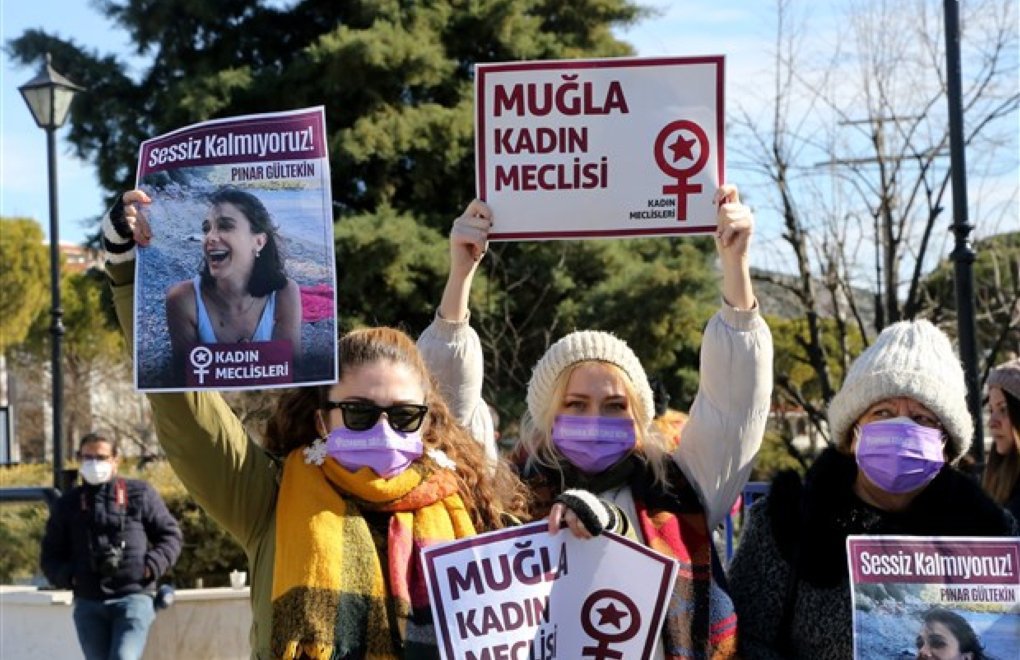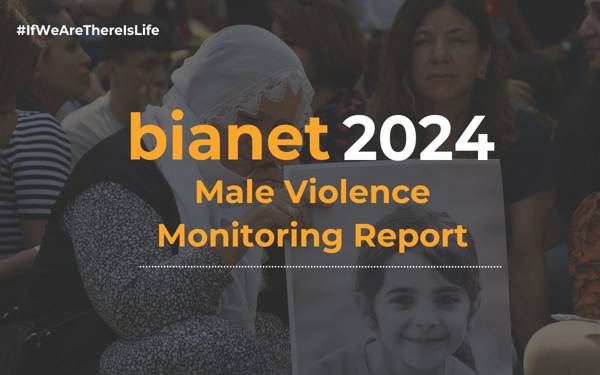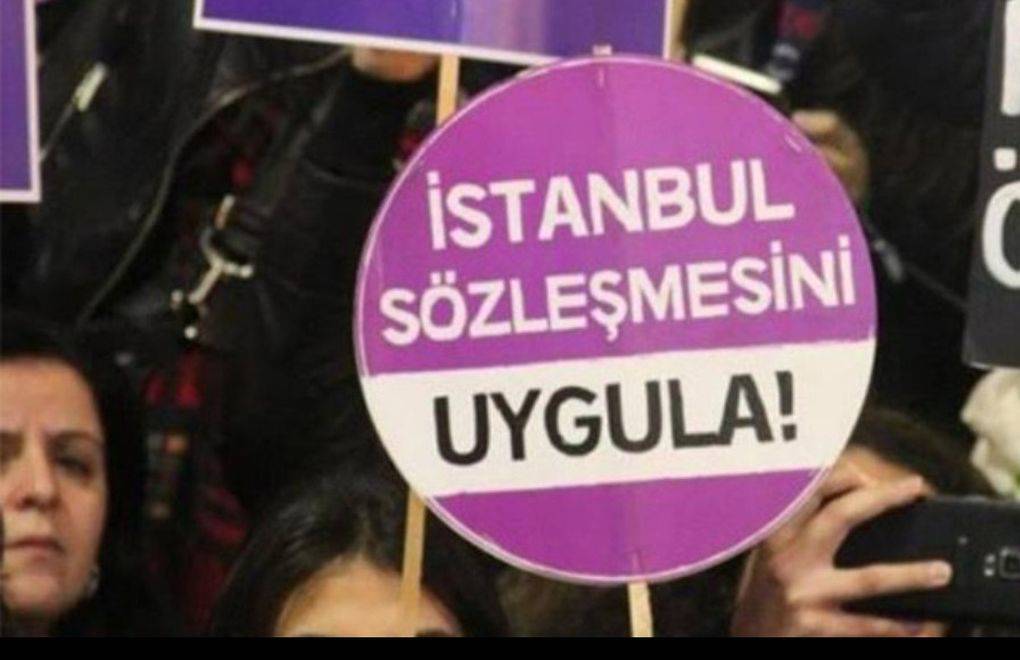Turkish high court overturns life sentence in Pınar Gültekin femicide case


The Court of Cassation has overturned the aggravated life sentence of Cemal Metin Avcı, the man convicted of murdering university student Pınar Gültekin, 27, in 2020. The court ruled that Avcı did not act with "monstrous feeling," a factor that had led to the harsher sentence in the lower court ruling.
The 1st Penal Chamber of the Court of Cassation determined that Avcı should not be sentenced for "premeditated murder" or "murder with monstrous feelings" but rather be sentenced for "simple deliberate murder" or "murder by torment." Also, a sentence reduction for "unjust provocation" should be applied.
Two judges on the five-member panel dissented from the majority opinion.
The ruling sparked reactions from Gültekin’s family and legal representatives, as well as women's rights groups. The family's lawyer, Rezan Epözdemir, criticized the decision, calling it a legal disgrace. "If burning someone alive does not constitute ‘monstrous feeling,’ then what qualifies as such? It is incomprehensible," he said.
Epözdemir noted that the ruling could significantly reduce Avcı’s prison time. "If this decision stands, Avcı could be released in seven years. We will continue our legal fight to ensure he receives a just punishment," he added.
Gültekin's father, Sıddık Gültekin, also criticized the ruling, claiming that justice had not been served. "We do not recognize this decision," he told BirGün newspaper. "The forensic report clearly stated that she was burned alive, yet they claim it wasn’t ‘monstrous.’ We are outraged."
"I’ve been fighting for years, and now they are reopening my wounds. I appeal to the public for help. We have been subjected to injustice, but I will never give up on this fight," he added.
Case background
Pınar Gültekin, who was studying economics at Sıtkı Koçman University in Muğla, southwestern Turkey, was reported missing on Jul 16, 2020, after last speaking with her sister. Her body was discovered five days later in a forest area, where she had been burned and placed in a barrel.
Avcı, who was Gültekin’s former boyfriend, initially denied involvement but later confessed after evidence surfaced. He admitted to killing her at his vineyard house and attempting to dispose of her body by burning it. His brother, Mertcan Avcı, was also arrested but was later released to stand trial without detention on charges of evidence tampering.

Feminicide | Pınar Gültekin ‘was burned alive’, finds forensic medical report
In 2022, the Muğla 3rd Heavy Penal Court sentenced Avcı to 23 years in prison, after applying a sentence reduction due to "unjust provocation," despite prosecutors demanding an aggravated life sentence.
However, following an appeal, the İzmir Regional Court issued an aggravated life sentence. This decision has now been overturned by the Court of Cassation.
Reactions from women’s rights groups
The Court of Cassation's ruling has drawn criticism from women's rights organizations, which argue that it sets a dangerous precedent in a country grappling with high rates of femicide.
The We Will Stop Femicide Platform stated, "According to the court, burning a woman alive is not 'monstrous.' What kind of provocation justifies such a murder?" The organization vowed to continue its fight against "misogynistic judicial decisions."
Similarly, the Women’s Council of the Peoples’ Equality and Democracy (DEM) Party condemned the ruling as an attempt to "legitimize femicide and exonerate the perpetrator."
According to bianet’s 2024 report on gender-based violence, at least 378 femicides occurred in Turkey last year, in addition to 315 killings which could not be determined to be femicides or not. Women's rights defenders argue that many of these deaths were also femicides, though investigations often fail to acknowledge this.

Men killed at least 378 women in 2024

bianet is Monitoring Male Violence
(VK)






